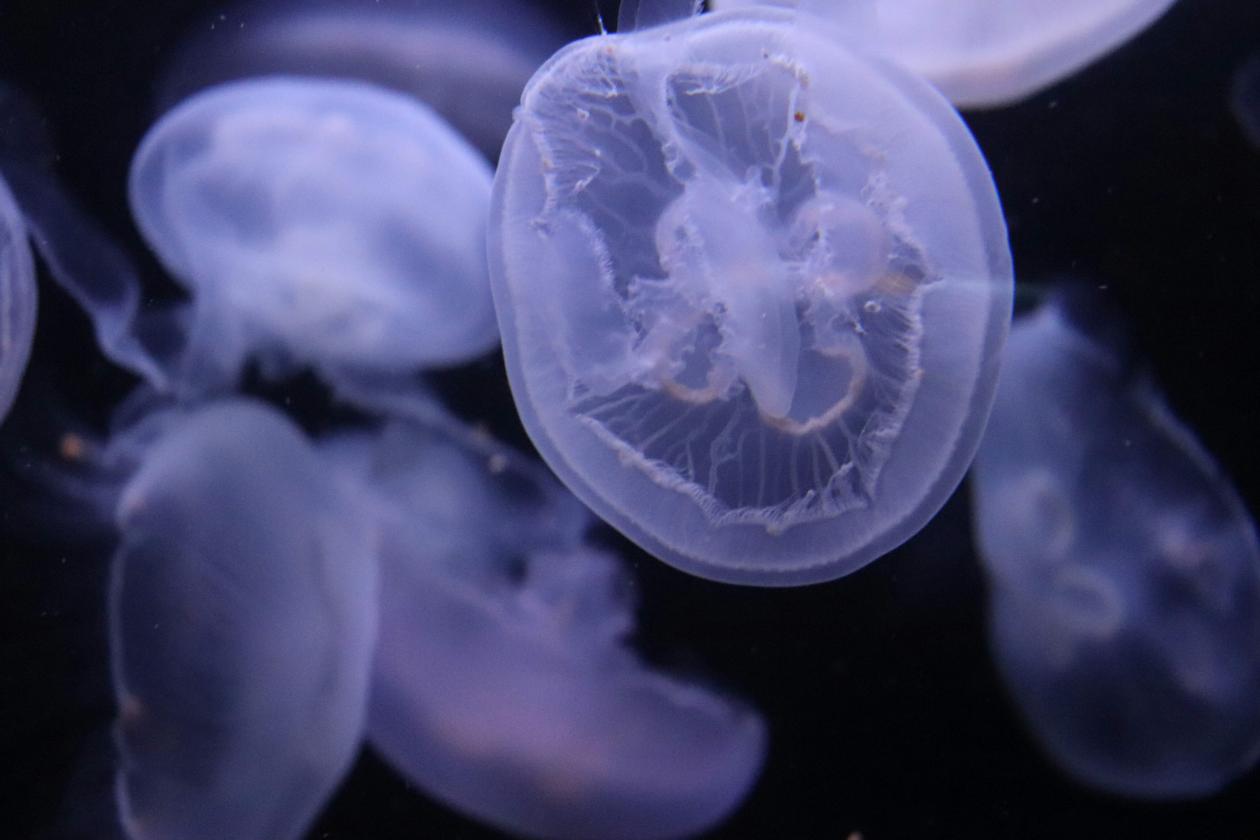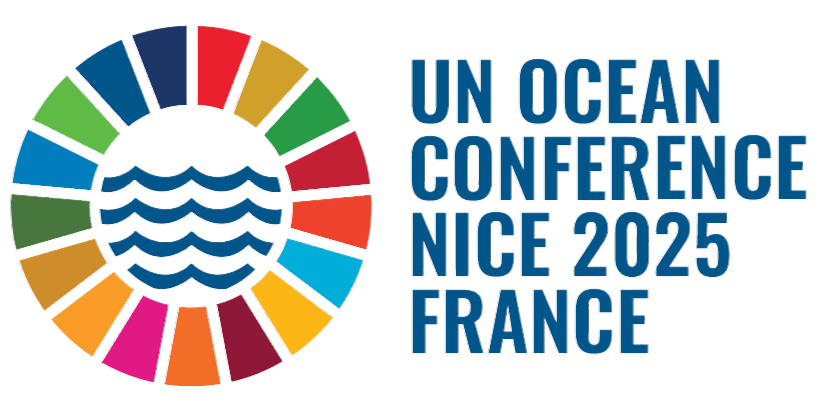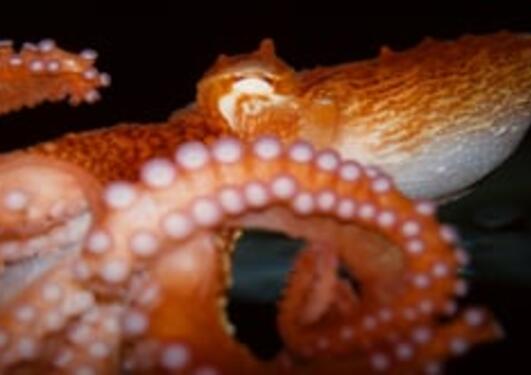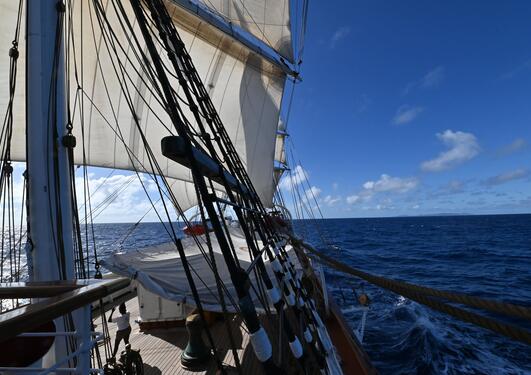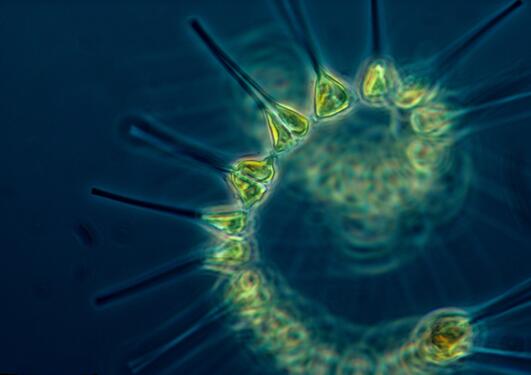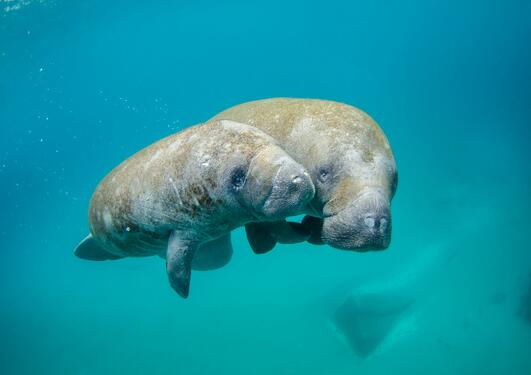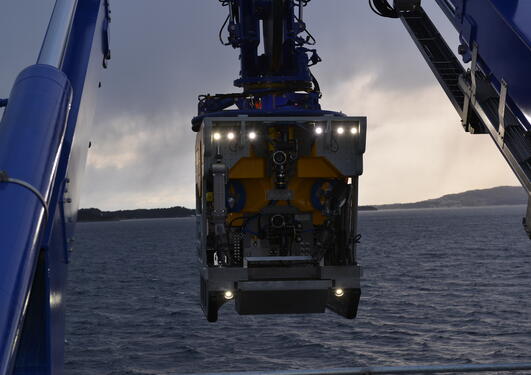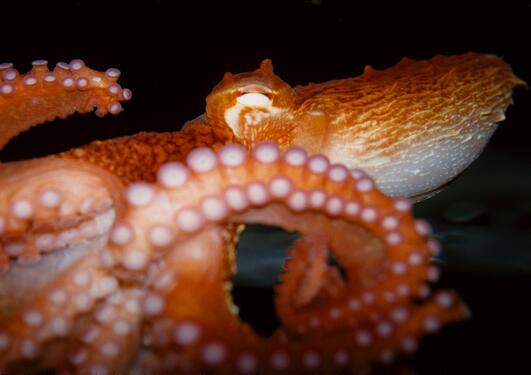Ocean Futures 2030: addressing the gaps in implementing the BBNJ agreement
Join us for this roundtable discussion at the third UN Ocean Conference (UNOC3) in Nice, where we address the status of the ongoing implementation of the biodiversity beyond national jurisdiction (BBNJ) agreement in the UN member states.
Main content
- UPDATE! The roundtable is now full.
We welcome you to the sixth event in the Ocean Futures 2030 series. Co-organised by the Plymouth Marine Laboratory (PML), the EU Science Diplomacy Alliance, and the University of Bergen (UiB) who join forces for the ocean and for ocean science diplomacy.
In June 2023 the UN member states adopted the Biodiversity Beyond National Jurisdiction (BBNJ) agreement after 19 years of negotiations. This agreement, which is currently being adapted into law for implementation around the world, is particularly relevant to SDG14 as it provides the legal framework to protect marine biodiversity in the high seas and achieve the 30 per cent ocean protection target by 2030.
This side event aims to look at the gaps in adaption and implementation of the BBNJ agreement, looking at the status within each of the agreement’s four pillars with experts on each of these addressing the challenges ahead. The side event will bring together stakeholders across sectors to do this, use case examples from various countries, ECOPs, and include SIDS representatives.
In this side event we ask:
- Is there current research or technology that is ‘BBNJ ready’, i.e., can we start rolling out now even pre-ratification to address one or more of the four pillars?
- Which areas of research or technology are the most cross-cutting, i.e., will be useful across all of the pillars?
- What will the balance need to be between scientific research/knowledge and implementation, i.e., how do we avoid the trap of ‘never enough evidence’?
- There are countries who are not recognising the BBNJ agreement and exploitation of the high-seas and the seabed is likely to proceed regardless of the status of the BBNJ? Should this influence how we prioritise our research?
PROGRAMME
Opening section
- Professor Lise Øvreås from the University of Bergen will open the event and guide us through it. She’s the former President of the Norwegian Academy of Science and Letters and currently Vice-President for Environment at EASAC.
- Head of the International Office at Plymouth Marine Laboratory, Professor Matt Frost, who also chairs the UK National Ocean Decade Committee and World Association of Marine Stations, will address the status for implementing BBNJ.
Interventions 1: Moderated by Lise Øvreås
- Professor Emerita Lisa Levin from Scripps Institution of Oceanography, University of California San Diego (UCSD) and affiliated with the Deep-Ocean Stewardship Initiative (DOSI).
- Professor Alice Vadrot from the University of Vienna. She is ERC Consolidator Grant recipient for Twin Politics and previously ERC Starting Grant recipient for MARIPOLDATA. She is also leader of the EU-funded MARCO-BOLO project.
- Postdoctoral fellow Ina Tessnow-von Wysocki from the Australian National Centre for Ocean Resources and Security (ANCORS) at the University of Wollongong
- Professor Murray Roberts from the University of Edinburgh, where he leads the Changing Oceans research group. He is coordinator of the Horizon 2020 funded projects EU Atlas and iAtlantic. He is previous chair of the BBNJ symposium.
- Ms. Angelique Pouponneau is the Fellowship Director & Policy & Strategy Advisor and Lead Negotiator for the 39 states comprising the Alliance of Small Island States (AOSIS). She is a legal expert in climate change, the ocean and global commons.
Interventions 2: Moderated by Matt Frost
- Dr. Niels Krabbe is a researcher at the World Maritime University (WMU) in Malmö and former BBNJ negotiator. He is part of the OceanICU project.
- Associate Professor Awnesh Singh is a physical oceanographer at the University of the South Pacific and Acting Director of the recently established Centre for Pacific Futures.
- Dr. Natalya Gallo, Norwegian Research Centre (NORCE) who got her PhD at Scripps Institution of Oceanography and was a postdoctoral fellow at the University of Bergen before joining NORCE. She was named one of the 30 under 30 talents in science by Forbes magazine in 2018 and is part of the OceanICU project. Natalya recently published this paper on mCDR proposals.
- Mr. Cosmin Chivu is Project Officer at the International Ocean Institute in Malta and is part of the Early Career Ocean Professionals (ECOPs) group.
- Professor Carina Costa de Oliveira is coordinator of the Research Group on the Law of Natural Resources and Sustainability (GERN) at the University of Brasilia’s Faculty of Law. Her areas of expertise include international environmental law and marine resource management.
Other confirmed roundtable speakers
- Dr. Hugo Aguilaniu is the CEO/Director-President of the Serrapilheira Institute, a Brazilian philanthropic organisation that funds research and science communication. He is a geneticist by training.
- Mr. Tony MacDonald is the Director of the Urban Coast Institute (UCI) at Monmouth University. He has management experience related to environmental, coastal and ocean management, community resilience, ports and maritime affairs, and other public policy issue.
- Dr. Bianca Hass is a research fellow at the Australian National Centre for Ocean Resources and Security (ANCORS) at the University of Wollongong.
- Ms. Muriel Rabone is part of the Deep Sea Ecology and Systematics group at the National History Museum in London. She is the Marine Genetic Resources (MGRs) co-lead for the Deep-Ocean Stewardship Initiative (DOSI).
- Ms. Catie Mitchell works for the Global Ocean Forum as a Policy Analyst and in particular with the Common Oceans cross-sectoral project. She is part of the Early Career Ocean Professionals (ECOPs) group.
- Ms. Kaylin Bean works at the Department of International Studies at the University of Indiana, USA, and is accredited to UNOC3 through Parks and Wilderness Society, Canada. She is part of the Early Career Ocean Professionals (ECOPs) group.
- Dr. Laura Kaikkonen is a senior research scientist at the Finnish Environment Institute
- Dr. Ana Hilário, Challenger 150 Project and Centre for Environmental and Marine Studies of the University of Aveiro, Portugal
- Mr. Paulo Oliveira, PhD candidate at the University of São Paulo, Brazil
- Ms. Stephania von Ungern Sternberg Prufer, Yale University, United States
- Professor Barbara Mourão Sachett, University of Sao Paulo, Brazil
- Dr. Mariana Rocha de Souza, University of Hawai'i, United States
- Dr. Gabriela Oanta, Associate Professor of Public International Law, University of A Coruna, Spain
- Professor Ana Barros, Brasilia University, Brazil
- Mr. Jokim Kitolelei, Lecturer in Coastal Fisheries, University of the South Pacific (USP), Fiji
- Ms. Mette Mila, Leader of the Ocean Secretariat, Research Council of Norway
- Dr. Miriah Kelly, Assistant Professor of Environmental Science, Southern Connecticut State University
Q&A / roundtable discussion
